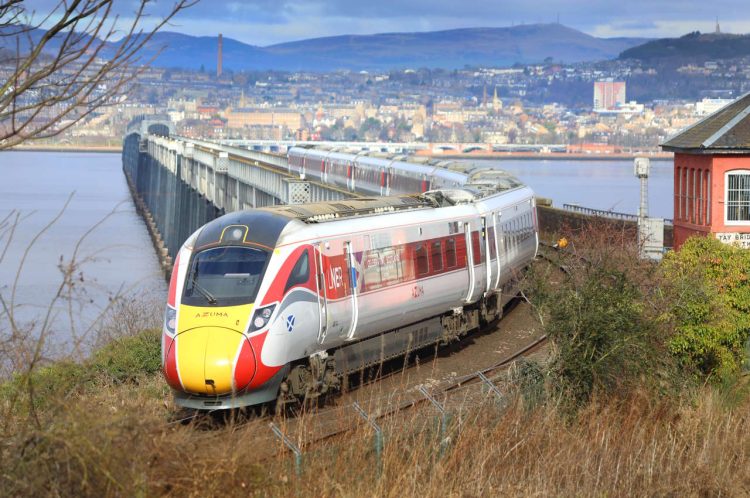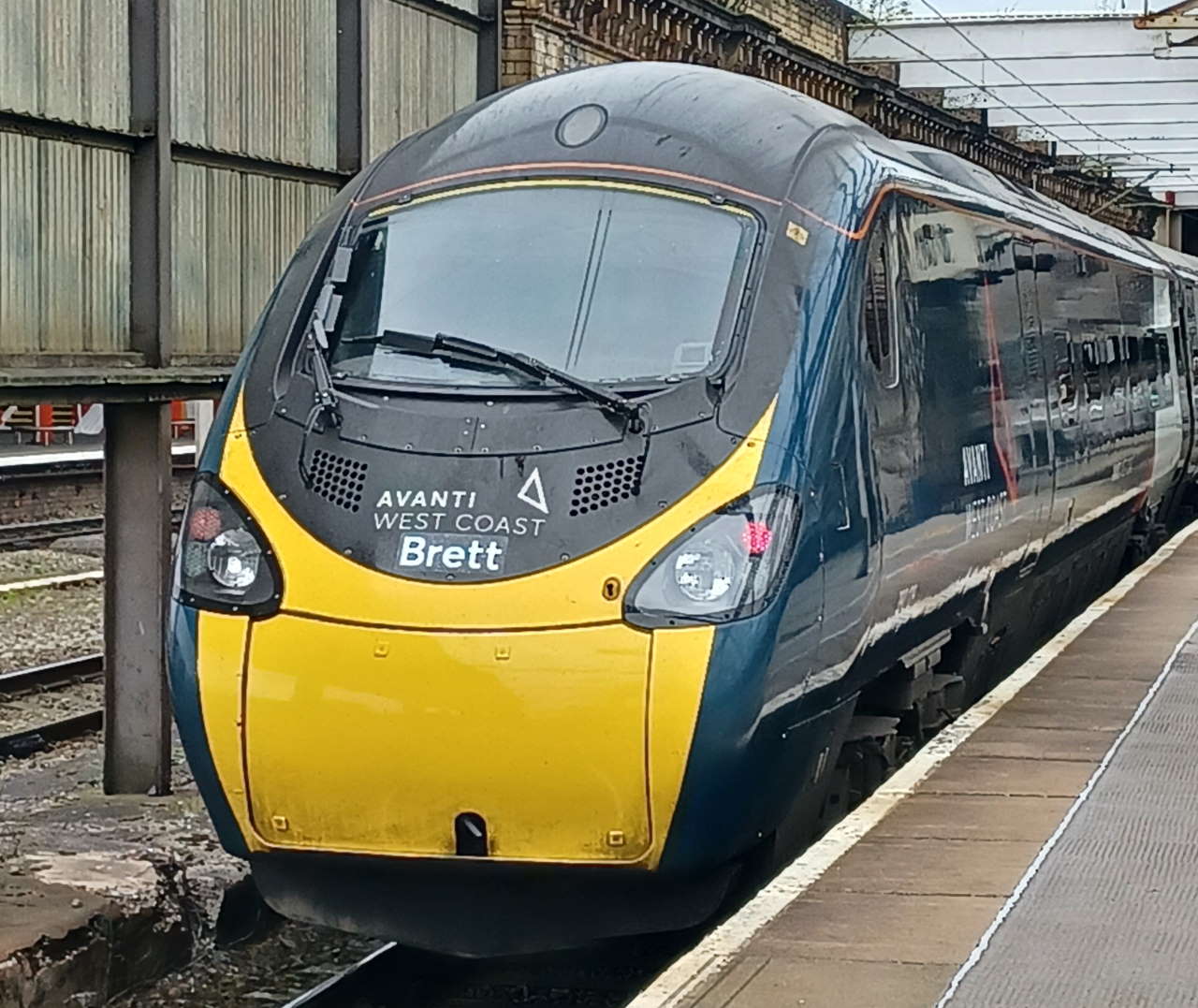The RMT Union has announced that members will be taking strike action in the dispute surrounding pay and conditions.
The union says that it has received no improved or revised offer from the Rail Delivery Group and says that members must not book on for shifts on Saturday 26th August and Saturday 2nd September 2023.
The strike involves staff from Chiltern Railways, CrossCountry, Greater Anglia, London North Eastern Railway, East Midlands Railway, c2c, Great Western Railway, Northern, Southeastern, South Western Railway, TransPennine Express, Avanti West Coast, West Midlands Trains and Govia Thameslink Railway.

RMT general secretary Mick Lynch said:
“The mood among our members remains solid and determined in our national dispute over pay job security and working conditions.
“We have had to call further strike action as we have received no improved or revised offer from the Rail Delivery Group.
“The reason for this is the government has not allowed them a fresh mandate on which discussions could be held.
“Our members and our union will continue fighting until we can reach a negotiated and just settlement.
A Rail Delivery Group spokesperson said: “With further strike action the RMT are once again targeting customers looking to enjoy various sporting events, festivals, and the end of the summer holidays, disrupting their plans and forcing more cars onto the road.”
“We have now made three offers, the latest of which would have given staff pay rises of up to 13% as well as job security guarantees and the RMT executive have blocked this without a convincing explanation.
“We remain open to talks and we have said repeatedly that we want to give our people a pay rise, but until the union leadership and executive is united in what it wants and engages in good faith with the 30% shortfall in revenue the industry is continuing to grapple with post covid, it is difficult to move forward.
Unfortunately, the repercussion of this impasse affects our staff, customers, and the communities across the country that rely on the railway.”






Responses
I think that these strikes are a disgrace and I don’t think that they deserve to disrupt other people’s lives
The strikes will carry on and on. The RMT want Tories out and Labour in. The RMT also want to get rid of the RDG and all the private rail companies. When that is done, England and Wales will be back to the days of British Rail. I am not including Scotland because they want out of the UK.
If at first you don’t succeed try a different approach! We are reaching eleven months of occasional strikes with absolutely no chance of a settlement. Lynch clearly has no constructive ideas to stop his members from losing pay.
Political agitators running the RMT union with as always its London centric mouthpieces from the Labour heartland determined to drive towards renationalisation so trade union activists can call the shots and expect the taxpayers to subsidise their members salaries and sod the travelling public.
At least Sid Weighell was a real railwayman unlike Lynch and co.
The union is supposed to support it’s members, by striking, it reduces the money that rail workers get, which goes completely against the trying to get more money off the tax payer who is working equally as hard if not more and earning majorly less, the NHS and education deserves more money, not rail workers, I’m not saying that rail workers don’t deserve more, but they earn a decent salary and they don’t have to live as lavish lifestyles as they did, they could tone it back. Conditions fair enough, pay don’t need more.
The union is supporting it’s members by defending their terms and conditions of employment. Most rail workers get nowhere near the pay of drivers, but the government always quote ‘average driver’s pay’ as their benchmark, as if everyone on the railway gets that salary. Whilst on the subject of drivers, believe it or not, they also pay tax (probably a lot more than you) – which makes them taxpayers too and when they are not at work, they are also members of the public, which is something else this government likes to ‘forget’ when convenient. Just because people are on a decent salary, doesn’t mean they are not entitled to a pay rise. If you don’t do the job, don’t pass judgement on it.
Most union members on the railway would accept a ‘no strings’ pay offer, however, the DfT want to take away terms and conditions that have been negotiated over a number of years and would seriously degrade the work life balance of railway workers and probably have an impact on safety too. They do this under the guise of ‘modernisation’ when, in fact, it is just the opposite. They will quote obscure union rules that are no longer followed, but miss out the rules they really want to get rid of that deal with things like moving your start and finish times at short notice.
Lynch does not want a settlement, just hoping for a left wing governnent after the election.
left wing you obviously don’t mean labour……tories in disguise
That of course ic complete rubbish. The RDG (Railway Destruction Group) is merely a mouthpiece for a government that has no plan for the future growth of our railways. Just look at the crass plans to close vital ticket offices pretty deliberately because this primarily affects RMT members then you see why the government has no intention to come to any agreement with the RMT this side of an elecction The RDG contunues to peddle figures such as the 30% drop in revenue conveniently forgetting that the most successfully run railway operation is LNER which is no longer under their remit and shows what effectuvely a nationlised raiway run by railwaymen without the DfT/RDG shackles can do for its passengers. Yes they too will be affected by the strikes but that is a consequence of a government totally out of touch with railway realities and intent on cuts across the network causing in my GWR area many rammed trains on stock that should have been replaced years ago and would have been had GWR management not been under the DfT thumb.